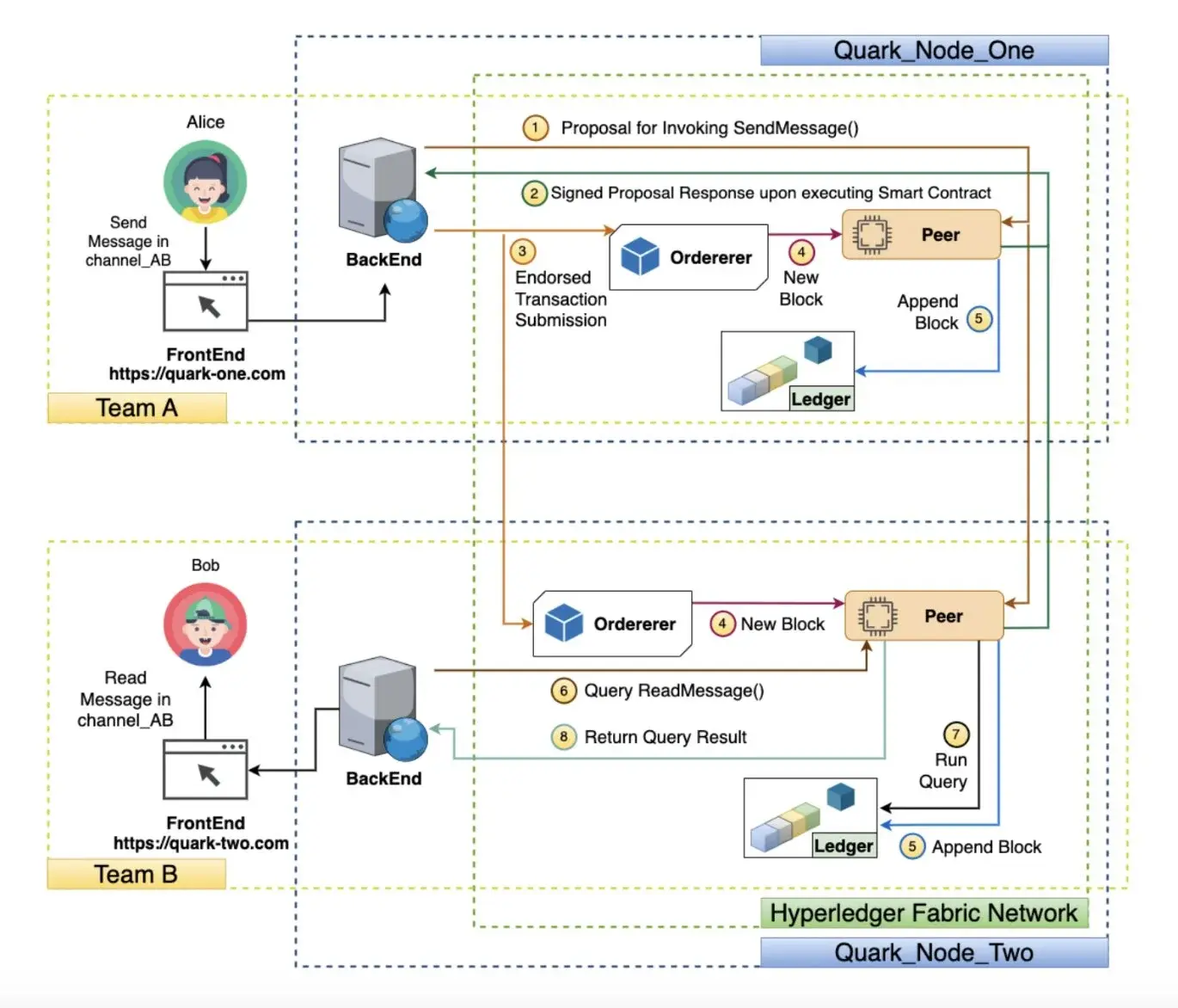- cross-posted to:
- tech@kbin.social
Researchers from several institutes worldwide recently developed Quarks, a new, decentralized messaging network based on blockchain technology. Their proposed system could overcome the limitations of most commonly used messaging platforms, allowing users to retain control over their personal data and other information they share online.



So before anyone comes forward and claims that their innovative solution will improve on the status quo, I generally expect them to be able to describe the status quo. And here, you haven’t done so.
In the U.S., county recorders allow for anyone to record to the centralized ledger (and this is literally paper technology that long predates computers), and the transactions themselves are validated when necessary to resolve a dispute: one can only sell what they already own, and if they sell something they no longer own it. The law allows for certain types of involuntary transactions: foreclosures, execution, inheritance (where the owner can voluntarily prescribe some rules but doesn’t get to control the timing of when those rules get executed, and the failure to affirmatively write stuff into a will means that the inheritance falls back to defaults), divorce, partition, adverse possession, reverter, and then a bunch of special rules that apply to governments like tax foreclosures or eminent domain. And no matter what the actual papers say, ownership of land still must be enforced by a sheriff.
Which portions of this status quo should be decentralized? Or centralized? What would the benefit be?
In my opinion, real estate is the worst candidate for decentralizing the ledger.
Personally I wouldn’t be replacing any of that with any cool woo woo blockchain tech; my point was more that the infrastructure used to support the status quo could benefit from some of the features common to DLTs